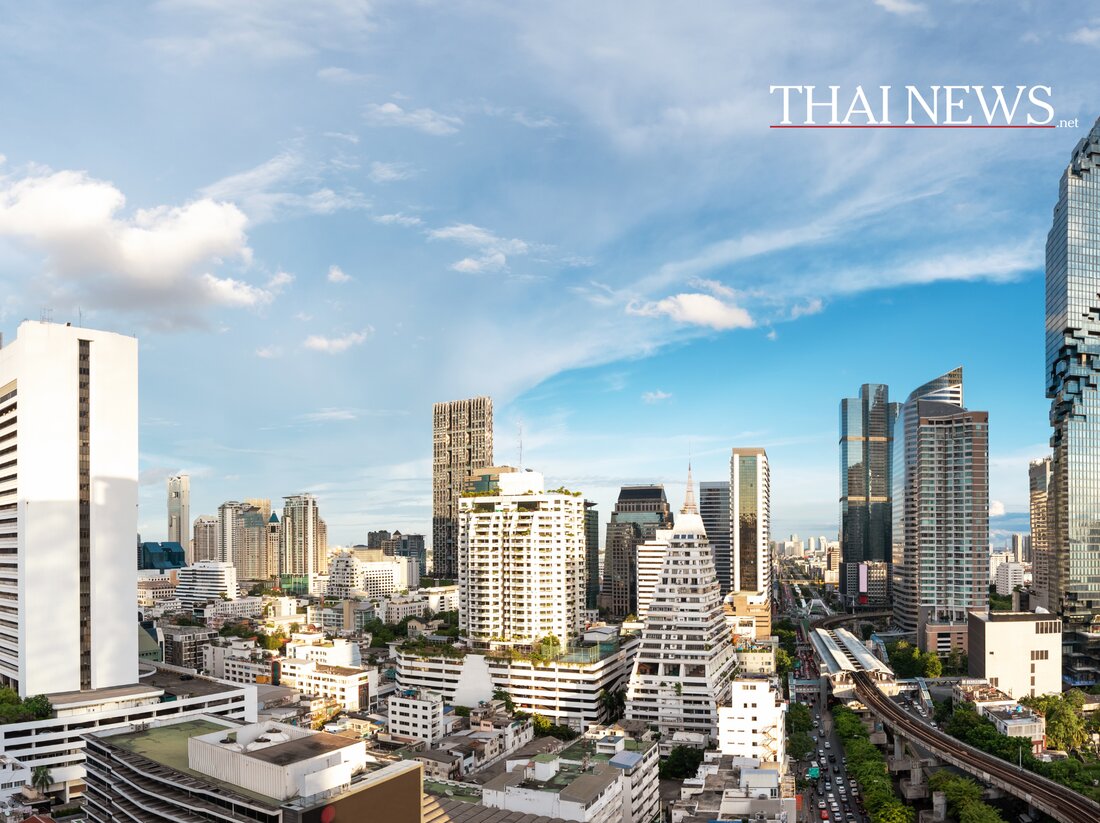Health insurance companies in a traffic jam: delayed payments endanger health care!
Dr. Veerapun Suvannamai discusses payment delays in the Thai healthcare system and their impact on patients and hospitals.

Health insurance companies in a traffic jam: delayed payments endanger health care!
In Thailand, health care is increasingly becoming a political issue and the population's concerns are growing. In particular, the difficulties faced by the National Health Security Office (NHSO) directly impact hospitals and patients. Dr. Veerapun Suvannamai, deputy chairman of the Senate Health Committee, spoke out on Facebook about the ongoing payment problems of the NHSO, which is delaying payments to hospitals under the Gold Card program. Loud LINE Today This not only leads to bottleneck situations in hospitals, but also puts a strain on patients, who have to deal with longer journeys and reduced quality of treatment.
The NHSO was established to fund public and private healthcare services. Numerous hospitals are currently affected because payments are made late and changes to payment arrangements are made without prior notice. An example provides insight into the imbalance: with an agreed payment of 80 baht per patient, the hospitals face actual costs of 130 baht. This is not only a financial problem for facilities, but also a potential trigger for a workforce shortage in the medical sector.
The role of private hospitals
A look at private healthcare makes the situation even more difficult: Dr. Paiboon Ekkasangsri, President of the Association of Private Hospitals, reports that out of over 400 private hospitals, only 10 are still participating in the Universal Health System (SPSCH). Many hospitals have announced they will withdraw from the system due to outstanding payments, such as Mongkutwattana Hospital, which reduces the number of participating medical facilities to nine. The challenge of meeting the costs is also evident for many large houses that have already withdrawn.
The result is clear: When private providers close, more patients move to public hospitals, which also suffer from severe financial pressure. In a country where 48 million of the 66 million citizens are registered with the SPSCH, while only 13 million have social security, the financial constraints could have fatal consequences. The situation could also affect the quality of healthcare, some reports suggest.
Foreign patients and the financial misery
But the challenges don’t stop there. Thailand is struggling with financial problems related to outstanding healthcare fees from foreign patients, particularly from Cambodia. Health Minister Somsak Thepsutin said that despite speculation about Cambodian nationals turning away from Thai clinics, demand for the quality of Thai healthcare remains stable. The challenge of collecting outstanding medical bills is set to be addressed through a new Cabinet resolution aimed at better managing foreign patients, such as The Nation reported.
The current grievances in the healthcare system require urgent attention. Dr. Veerapun calls on the public to address the issues between the NHSO and hospitals to ensure the long-term quality of life in Thailand. Amid these challenges, the future of universal health care remains uncertain.

 Suche
Suche
 Mein Konto
Mein Konto
